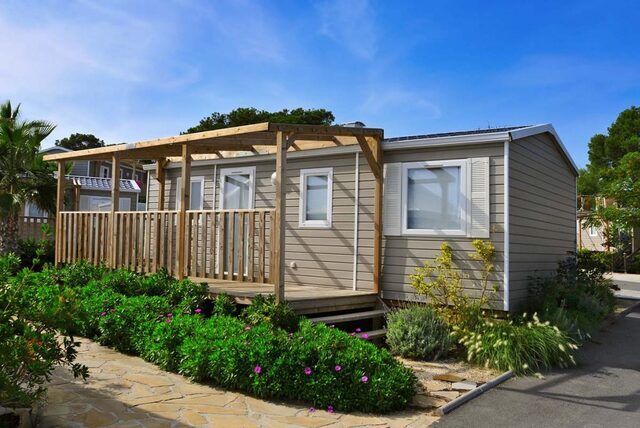6 Reasons for Poor Water Pressure and How to Fix It
Water pressure is crucial for maintaining a healthy and functioning plumbing system. However, it’s not uncommon for homeowners to experience poor water pressure at some point. If you’re one of them, don’t worry, we’ve got you covered.
In this article, we’ll delve into six reasons that could cause poor water pressure and how to fix them. So, sit back and read on.
Pipe leaks
The main cause of low water pressure is leaking pipes. Your plumbing system may have leaks at any point, some of which may be difficult to find.
The presence of wet areas on your walls or floors, a hissing sound made when the water is turned off, or an increase in your water bill, however, may indicate a leak. Find the source of the leak and replace or repair the pipe portion that is damaged to resolve this problem.
Low Water Pressure from the Municipal Supply
Sometimes, the problem isn’t with your plumbing system but the water supply from the municipality. If your neighbors are also experiencing low water pressure, the issue is likely due to the municipal supply.
To fix this, contact your local government or water utility company to report the issue and seek a solution.
Clogged Pipes
Another common cause of poor water pressure is clogged pipes. Over time, debris, silt, and minerals can accumulate in your pipes, obstructing the flow of water.
This can easily be detected by a slow drain, a gurgling sound when water is draining, or a decrease in water pressure. To fix this, you can use a drain cleaner or call in a professional plumber to clear out the obstruction.
Corroded Pipes
Corroded pipes can also cause poor water pressure. Corrosion happens when chemicals in the water react with the metal in your plumbing system. Signs of corrosion include rusty water, foul odor, and decreased water pressure.
To fix this, you’ll need to call in a professional to inspect the pipes and replace the corroded ones.
Mineral buildup in pipes that is excessive
If you reside in a region with hard water, it’s possible that minerals like calcium and magnesium have accumulated in your pipes, resulting in low water pressure.
To avoid this, think about installing a water softener system that can get rid of the extra minerals and increase the longevity of your plumbing system.
Improperly Set Pressure Regulator Valves
Finally, improper installation or calibration of pressure regulator valves can lead to poor water pressure. This device is responsible for regulating the water pressure to prevent damage to pipes and fixtures.
Signs that your regulator valve is not working correctly include water hammering, leaks, and inconsistent water pressure. To fix this, you’ll need to call in a professional to adjust the valve to the correct setting.
Conclusion
Poor water pressure can be a real headache for homeowners. However, with our six reasons and solutions listed above, you can diagnose and fix the problem quickly and efficiently.
It’s always best to call in a handyman who has experience with these types of issues. With their help, you’ll be enjoying a healthy and functioning plumbing system in no time.







